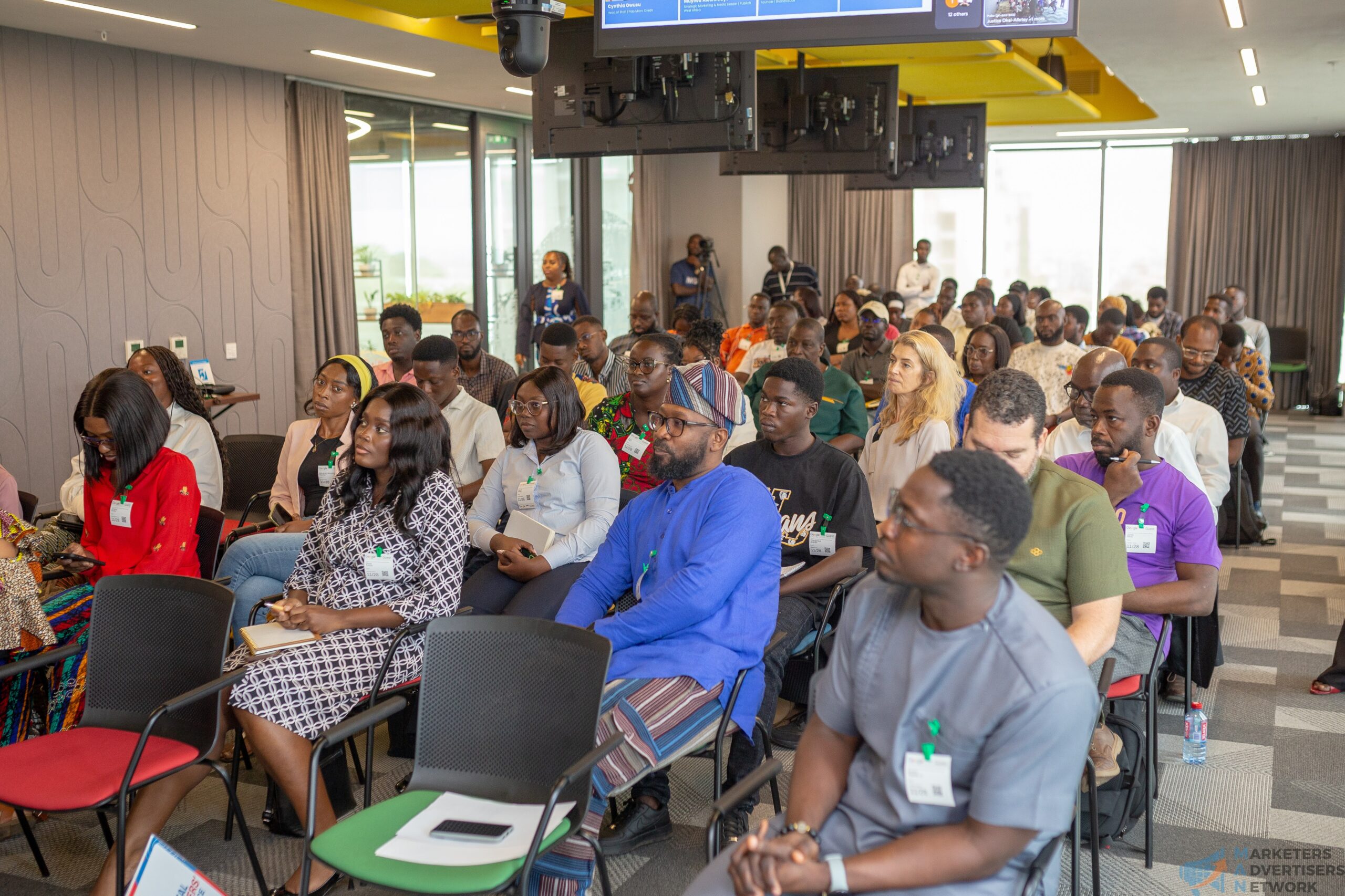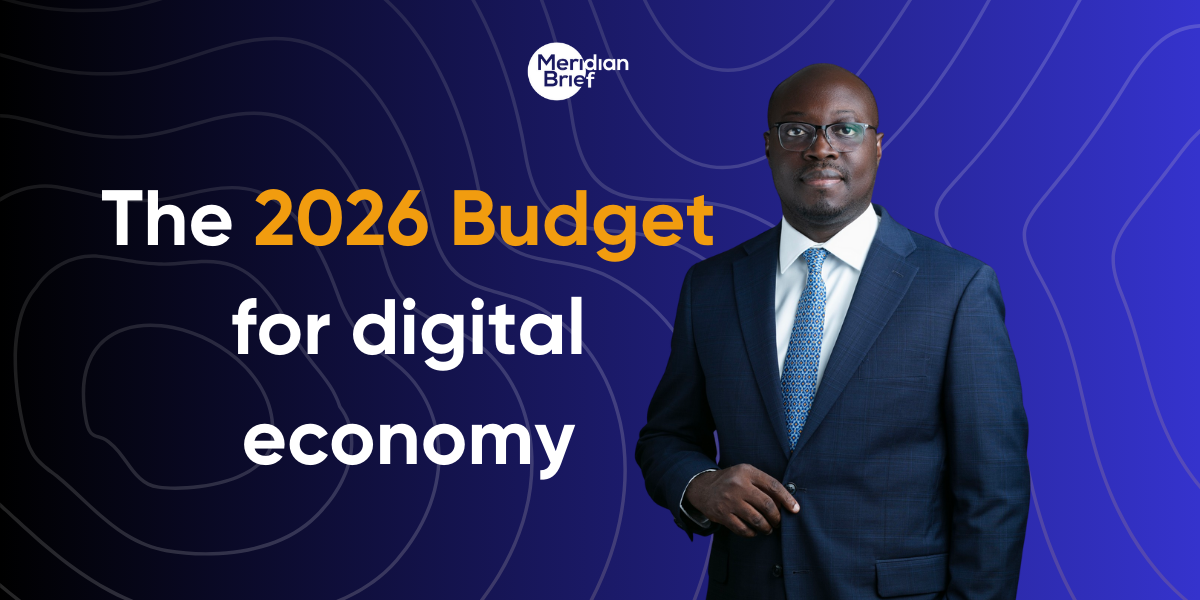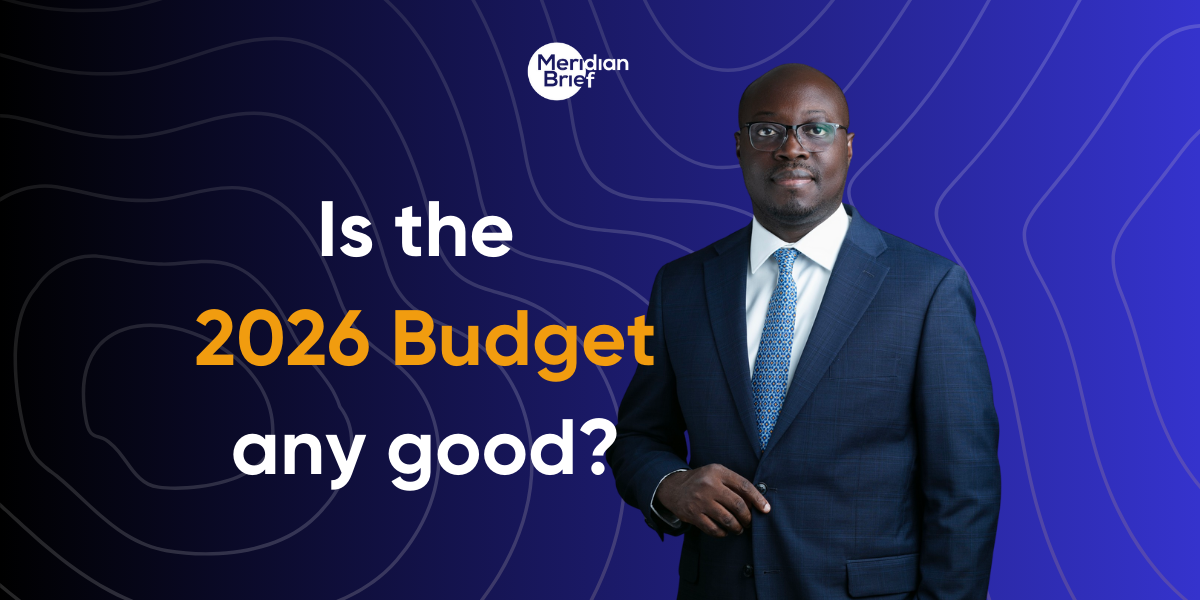In Ghana today, the pressures of modern work environments have given rise to considerable stress among employees in both private and public sectors. As the nation’s economic fabric evolves—with increasing urbanization, corporate expansion, and the integration of new management practices—workers are subject to extended hours, heightened performance expectations, and in some instances, workplace abuses that …
Managing Workplace Stress in Ghana: Challenges, Abuses, and Strategies for a Healthier Economy

In Ghana today, the pressures of modern work environments have given rise to considerable stress among employees in both private and public sectors. As the nation’s economic fabric evolves—with increasing urbanization, corporate expansion, and the integration of new management practices—workers are subject to extended hours, heightened performance expectations, and in some instances, workplace abuses that worsen their condition. This paper examines the origins of workplace stress in Ghana, the manifestations of corporate and managerial misconduct, and the subsequent impact on the mental and physical health of employees. It also discusses practical approaches for mitigating such stress, drawing on a range of verifiable sources and detailed examples.
Historical and Economic Context
Over the past several decades, Ghana has experienced notable shifts in its economic structure. The country has moved from a predominantly agrarian economy to one marked by increasing diversification, particularly in sectors such as banking, telecommunications, manufacturing, and public service. These changes, although beneficial in some respects, have also imposed new pressures on the workforce.
Traditional work cultures in Ghana once valued long hours and a steadfast commitment to duty. However, the demands of a rapidly expanding business world and the adoption of stringent performance benchmarks have contributed to rising stress levels among employees. Many workers, especially younger professionals, now find themselves caught between the need to perform relentlessly and the lack of institutional safeguards for their well-being.
Corporate Abuses and Their Impact on Workers
Excessive Workloads and Prolonged Hours
It is not uncommon for employees in Ghanaian firms to report prolonged working hours that stretch well beyond the conventional eight-hour day. In certain instances, workers in the banking and telecommunications sectors have reported days lasting 12 hours or more. The expectation to maintain high productivity under such conditions often results in both physical fatigue and mental strain. One former employee of a major financial institution in Accra described the environment as one where “overtime was imposed as a matter of course, without proper compensation or rest, leaving us utterly exhausted and unable to perform our duties effectively.”
Bullying, Harassment, and Discriminatory Practices
Workplace misconduct further exacerbates stress levels. Numerous accounts have emerged, detailing incidents of bullying, intimidation, and discrimination in several large corporations. For example, employees at a well-known telecommunications firm recounted episodes of verbal abuse and unjust treatment by supervisors who enforced unrealistically high sales targets. Such practices not only lead to diminished morale but also contribute to a pervasive culture of fear. In one documented case, a mid-level manager was forced to endure a sustained period of harassment, ultimately resulting in a prolonged absence from work due to severe depression—a situation that brought to light the urgent need for ethical reforms in corporate management.
Inadequate Support and Absence of Redress Mechanisms
A further source of workplace stress arises from the failure of many organizations to establish adequate support systems. In Ghana, complaints about excessive workloads and abusive managerial practices often go unheeded, partly because of the lack of effective internal channels for reporting and resolving such issues. Where complaints are made, the absence of transparent grievance procedures has led to a sense of helplessness among employees. This situation is compounded by the traditional expectation that one must “suffer in silence,” thereby discouraging workers from seeking help.
Mental Health: A Neglected Concern
Rising Prevalence of Stress-Related Disorders
Recent studies conducted by the Ghana Health Service indicate a marked rise in stress-related conditions among workers, particularly in sectors known for high pressure and long hours. Reports suggest that as many as 35% of employees in high-demand fields exhibit symptoms of chronic stress and anxiety. This phenomenon is especially evident among young professionals, for whom the modern workplace represents a stark departure from earlier, more community-centered employment practices.
In an environment where discussions of mental health were once taboo, there is now a slow but perceptible shift. Increasingly, employees are beginning to acknowledge their struggles with stress and seek assistance from professionals. Nonetheless, stigma remains a significant barrier, and many individuals continue to suffer in isolation.
The Economic Cost of Stress
The toll of chronic workplace stress extends beyond personal suffering. Research by the International Labour Organization has long documented the economic consequences of reduced productivity, absenteeism, and the turnover of skilled employees due to stress. In Ghana, where labor shortages and competition for qualified personnel are acute, the failure to address workplace stress translates into considerable economic loss. A case in point is a leading financial institution in Accra, where the imposition of unreasonable performance targets and extended work hours led to a notable decline in productivity, with estimates suggesting that stress-related losses cost the company approximately 15% of its annual output.
Strategies for Managing Workplace Stress
To mitigate the deleterious effects of workplace stress, a dual approach involving both organizational reforms and individual practices is required. The following sections outline measures that can be implemented by employers and employees alike.
Organizational Interventions
Establishment of Employee Well-Being Programs
A growing number of firms in Ghana have recognized the importance of employee health and have instituted well-being programs. Such programs often include the provision of counseling services, stress management workshops, and opportunities for physical activity. For example, some multinational companies in Accra have begun to offer in-house counseling services in partnership with local mental health practitioners. These initiatives, though still in the early stages in many firms, represent a significant step forward in addressing the mental health needs of employees.
Implementation of Flexible Working Arrangements
Modern practices that allow for flexible scheduling have been adopted by some progressive companies. The introduction of flexible working hours or options for working from home helps employees manage their personal responsibilities alongside professional demands. Such arrangements can reduce the time spent commuting and provide a more balanced distribution of work throughout the day, thereby lowering overall stress levels.
Strengthening Grievance Mechanisms and Anti-Abuse Policies
In order to address workplace abuses effectively, companies must establish robust grievance procedures. A clear, confidential, and accessible system for reporting abuses is essential. This includes instituting policies that explicitly prohibit bullying, harassment, and discrimination. Regular training for management on ethical conduct and proper human resource practices is also vital. When companies enforce these policies consistently, it fosters an environment where employees feel valued and protected.
Reassessing Performance Targets and Workloads
Excessive performance targets and unrealistic workloads are primary contributors to stress. Employers are urged to review these benchmarks periodically to ensure they are attainable. Measures such as setting realistic goals, providing adequate breaks, and enforcing overtime limits can help reduce the burden on employees. Some organizations have even introduced policies that encourage managers to monitor and adjust workloads based on regular feedback from staff.
Individual Strategies for Managing Stress
Adoption of Mindfulness and Relaxation Techniques
Individuals can adopt several time-honoured methods to manage stress. Practices such as meditation, deep breathing exercises, and regular physical activity have been shown to reduce anxiety and improve overall mental health. In Ghana, where such practices have historical roots in traditional healing and community gatherings, modern adaptations of these techniques—free from modern technological jargon—are becoming more popular. For instance, many young professionals now participate in group sessions that emphasize relaxation and reflective practices, drawing on techniques that have been passed down through generations.
Effective Time Management and Work-Life Balance
Personal discipline in managing one’s time remains a fundamental strategy for coping with stress. Prioritizing tasks, setting clear boundaries between work and personal life, and taking regular intervals of rest are essential. Tools such as written planners and scheduling techniques—methods that have been used long before the advent of digital calendars—continue to be effective. By organizing their day in a systematic manner, employees can reduce the sense of being overwhelmed and maintain a clearer focus on their responsibilities.
Seeking Professional and Peer Support
When stress becomes overwhelming, it is advisable to seek the counsel of professionals such as psychologists or counselors. Although historically mental health services have been less accessible in Ghana due to social stigma, there has been a gradual shift. Increasingly, community health centres and private practitioners now offer services aimed at helping individuals manage stress and related conditions. Additionally, forming peer support groups within the workplace can provide a communal space for sharing experiences and coping strategies. These groups often serve as a valuable resource for employees who might otherwise feel isolated.
Building Personal Resilience Through Lifestyle Changes
Personal lifestyle choices have a direct impact on one’s ability to cope with stress. Regular physical exercise, a balanced diet, and sufficient rest are essential components of maintaining physical and mental health. Many individuals have found that even modest changes—such as taking a daily walk or engaging in regular community sports—can significantly improve their outlook and reduce stress levels. Moreover, cultivating hobbies and social interests outside of work contributes to a more rounded life and helps mitigate the pressures of professional obligations.
The Broader Impact of Workplace Stress on the Economy and Society
Effects on Productivity and Corporate Performance
Chronic workplace stress has a direct effect on productivity, which in turn impacts the broader economy. Companies where employees are overburdened by stress typically experience higher rates of absenteeism, a decline in work quality, and increased turnover. These factors not only affect the bottom line of individual firms but also have a cumulative effect on national productivity. As research from the International Labour Organization indicates, lost output due to stress-related inefficiencies can run into billions of dollars annually—a figure that is particularly significant for a developing economy like Ghana.
Societal Costs and the Burden on Public Health
The impact of workplace stress extends into society at large. High levels of stress and associated mental health issues increase the burden on public health systems. In Ghana, where resources for mental health care are already limited, rising cases of anxiety and depression among workers can strain community health services. This situation necessitates a broader societal response that includes increased public investment in mental health infrastructure and the integration of stress management into community health initiatives.
The Role of Middlemen and Digital Selling
An interesting facet of modern employment in Ghana is the rise of digital selling as a side pursuit. Many young Ghanaians have adopted online commerce as an additional source of income. While this trend offers economic empowerment, it also places extra demands on individuals who must balance their primary employment with these entrepreneurial ventures. For instance, many middlemen engaged in online drop shipping—acting as intermediaries between suppliers and consumers—face the dual pressures of managing a regular job and sustaining a side business. The added responsibility can further contribute to stress if not managed carefully, underscoring the need for effective time management and support systems.
A Call for Holistic Remedies
Addressing workplace stress in Ghana requires a holistic approach that involves reform at multiple levels. Employers must strive to create an environment where productivity does not come at the expense of personal health. At the same time, workers must be empowered with the tools and knowledge to manage their own stress.
Institutional Reforms
To reduce workplace stress effectively, both government and private institutions must work in concert to establish and enforce robust employment standards. Legislative efforts such as the forthcoming Labour Bill are crucial. These reforms are designed to update and modernize employment conditions, thereby ensuring that workers are protected from undue strain and exploitation. Additionally, the government should increase its focus on public health initiatives that address mental health issues, providing better access to counseling services and preventive care.
Community and Educational Initiatives
Educational institutions and community organizations have a role to play in promoting healthy work practices. Courses on time management, stress reduction, and personal wellness should be incorporated into professional training programs. Moreover, community support groups and mentorship programs can help young professionals learn how to balance work with personal life, reducing the likelihood of burnout. Such initiatives, rooted in traditional community support systems, echo Ghana’s longstanding values of mutual assistance and collective well-being.
Best Practices from Leading Organizations
Several progressive companies in Ghana have already set an example by adopting practices aimed at reducing workplace stress. In the banking sector, for example, certain firms have introduced structured wellness programs and revised work-hour policies that have led to improved employee morale. In telecommunications, organizations have begun to monitor workloads more carefully and instituted regular reviews of employee well-being. These practices serve as a model for other companies and demonstrate that reducing stress can lead to enhanced productivity and better overall performance.
Conclusion
Workplace stress in the Ghanaian economy is a matter of growing concern that touches every aspect of professional and personal life. As Ghana continues to modernize and its economy expands, the pressures placed upon employees—both in traditional corporate settings and emerging digital ventures—are intensifying. The historical work culture that once prized long hours and stoicism must now evolve to incorporate a balanced approach that values mental and physical well-being.
Corporate abuses, such as excessive workloads and managerial misconduct, exacerbate stress and have a measurable impact on productivity. Meanwhile, the burden of stress-related illnesses places additional strain on public health services and the broader economy. Both employers and employees must adopt a range of remedial measures, from comprehensive wellness programs and flexible work arrangements to individual practices such as mindfulness, proper time management, and seeking professional help when necessary.
Government interventions are also essential. Reforms in labor laws, enhanced mental health infrastructure, and supportive policies for digital entrepreneurship can all contribute to creating a work environment that is not only productive but also humane. As Ghana moves forward, it is imperative that the country addresses these challenges holistically, ensuring that economic progress does not come at the expense of worker well-being.
Ultimately, the future of Ghana’s economy depends on a healthy, resilient workforce. By recognizing and addressing workplace stress—through both organizational reforms and individual strategies—Ghana can pave the way for sustained economic growth and improved quality of life for its citizens. This balanced approach will be crucial in preserving the nation’s human capital and ensuring that its young people, the backbone of future progress, are well-equipped to meet the challenges of a rapidly changing world.
Subscribe to MDBrief
Clean insights, a bit of sarcasm, and zero boring headlines.










